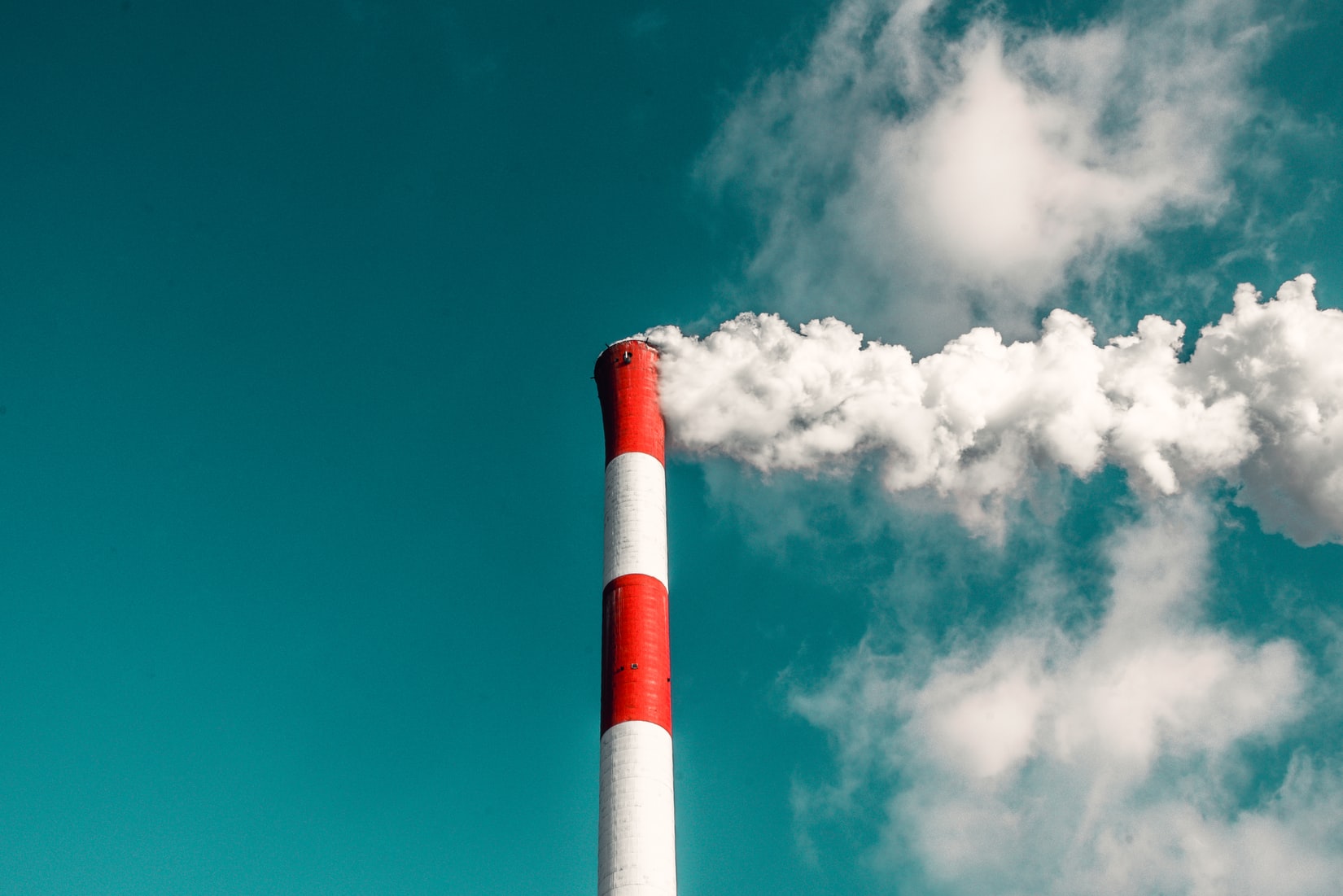
The aim of this project is to develop a methodology for quantifying direct and indirect GHG emissions that is homogeneous for all healthcare and social services institutions, adapted to their context, scientifically robust and easily operational.

Hydro-Québec mandated CIRAIG’s International Life Cycle Chair to analyze and compare the environmental profile of different small-scale distributed thermal power generation options, using LCA methodology.
Five distributed thermal power generation systems—two geothermal systems and three solar thermal systems—were compared to a heating system supplied by Hydro-Québec’s grid.
For the thermal power needs of an average-sized household:

The aim of this project is to develop a methodology for quantifying direct and indirect GHG emissions that is homogeneous for all healthcare and social services institutions, adapted to their context, scientifically robust and easily operational.

Regioinvent is a Python module that connects ecoinvent to an international trade database (BACI) to ultimately achieve a complete regionalization of the ecoinvent database.

IMPACT World+ is a globally regionalized method for life cycle impact assessment (LCIA).
Privacy Policy | Cookie Policy | Manage consent
© CIRAIG 2022 – 3333 ch. Queen Mary, Montreal, QC